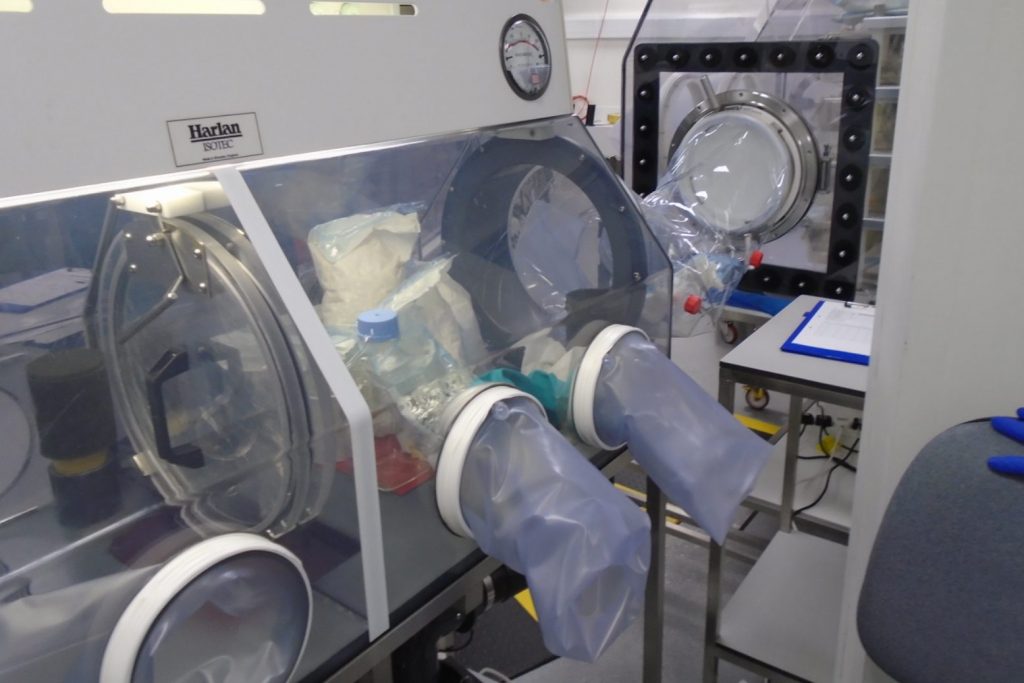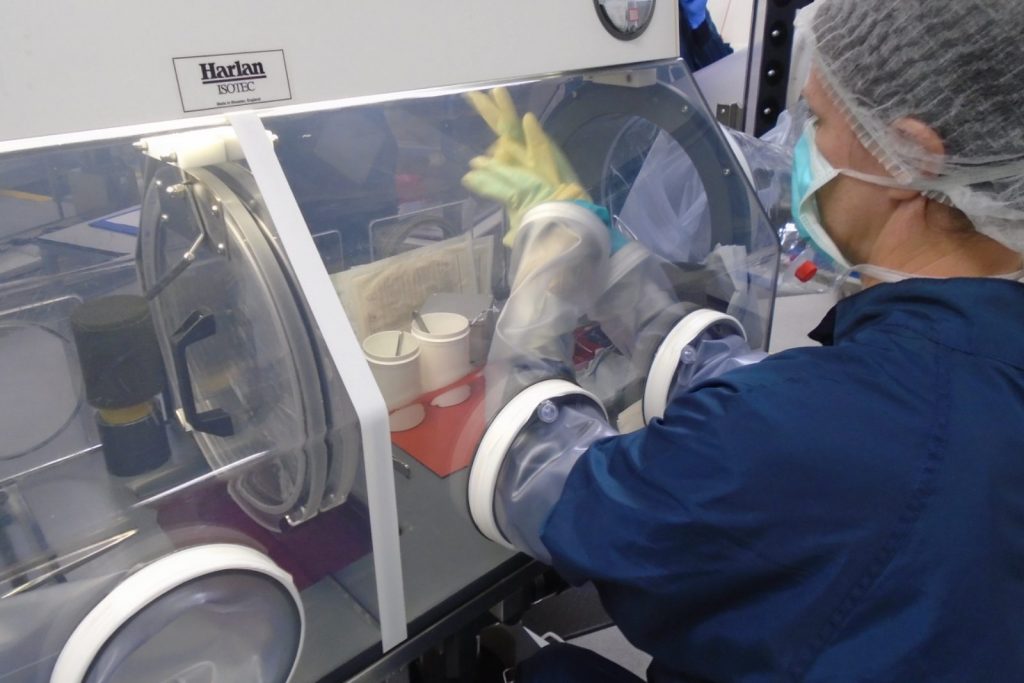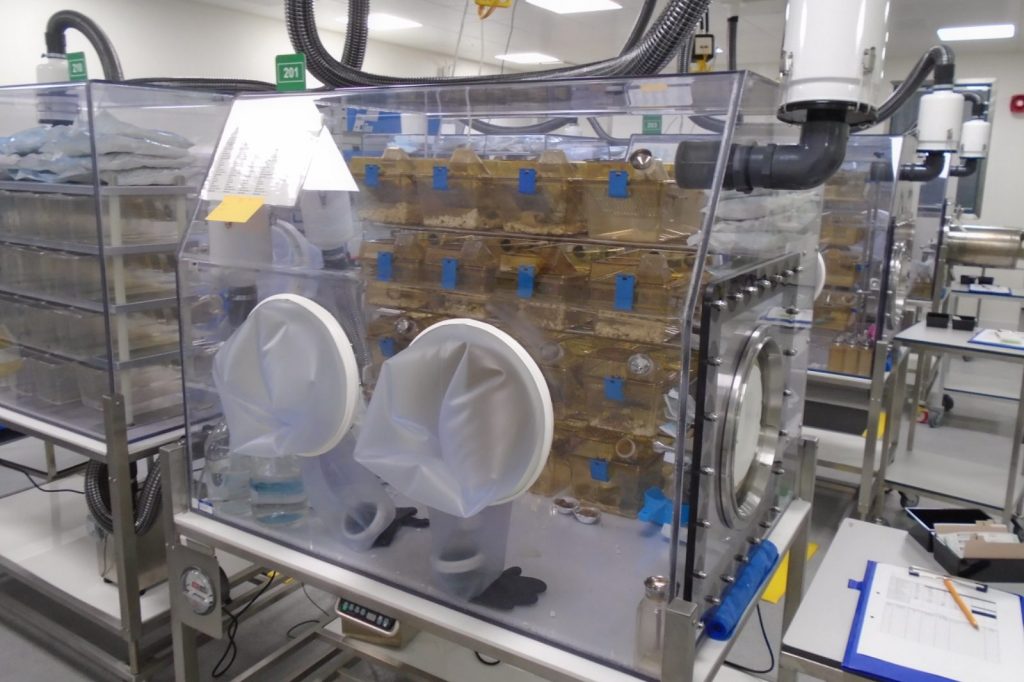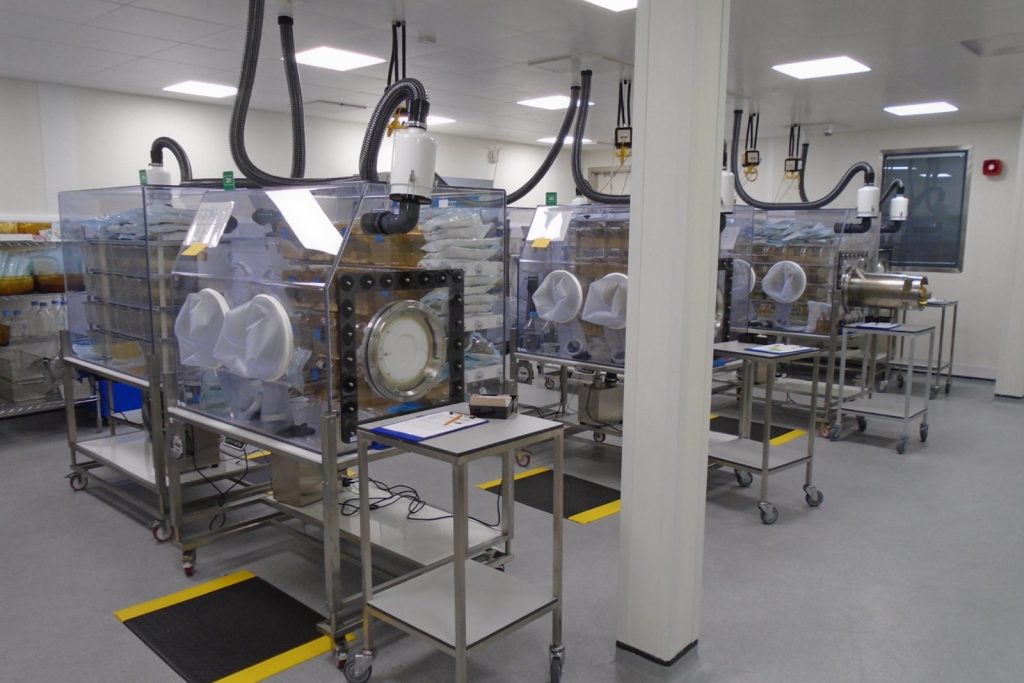no available
Service Description:
The Axenic Service at the Mary Lyon Centre at MRC Harwell includes axenisation of mouse strains starting from live animals (minimum of 10 females and 5 males), frozen embryos or sperm (minimum of 40 embryos or 2 straws of sperm) and the exportation of germ-free mice within purpose-made shippers. The facility can also supply researchers with organs, tissues, and biofluids harvested from germ-free mice. There is also some capacity to provide extended breeding services under germ-free conditions, enabling the user to set up experiments on site and take advantage of other services such as in vivo imaging, histology, flow cytometry, and microscopy. The MLC also offers gnotobiotic services. The facility hosts a bioexclusion caging solution that allows the study of the microbiome in airtight, positive pressure cages.



